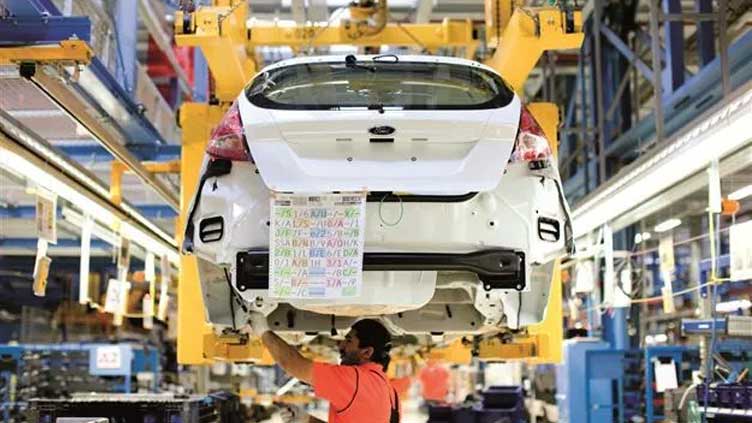Euro zone economy likely contracted in third quarter

Business
The downturn was broad-based as, like in August, output declined in both services and manufacturing
LONDON (Reuters) - The euro zone economy probably shrank last quarter, according to a survey which showed demand fell in September at the fastest pace in almost three years as indebted consumers reined in spending in the face of rising borrowing costs and higher prices.
HCOB's final Composite Purchasing Managers' Index (PMI), compiled by S&P Global and seen as a good gauge of overall economic health, nudged up to 47.2 in September from August's 46.7.
But that was below the 50 mark separating growth from contraction for a fourth consecutive month, albeit just ahead of a preliminary estimate of 47.1.
Wednesday's survey showed the downturn was broad-based as, like in August, output declined in both services and manufacturing.
"The HCOB Composite PMI for the euro zone did rebound a bit. However, we can't jump on the hope train yet. Blame it on new business, which is plummeting especially in Germany and France," said Cyrus de la Rubia, chief economist at Hamburg Commercial Bank.
September's composite new business index, which monitors overall demand, fell to 44.4 from 44.6 - a low not seen since November 2020 when the world was still getting to grips with the COVID-19 pandemic.
A PMI covering the bloc's dominant services industry remained sub-50 for a second month but did rise to 48.7 from 47.9. The flash estimate was 48.4.
That comes after a sister survey on Monday showed manufacturing activity remained mired in a deep and broad-based downturn last month as demand shrank at a pace rarely surpassed since the data was first collected in 1997.
In one bright spot, services firms increased headcount at a faster pace last month than they did in August. The employment index rose to 51.5 from 50.4.
"There is still a frenzy for workers in the services sector. Indeed, euro zone firms bulked up their teams at a faster pace than in August. That is a head-turner, considering new business is in the doldrums," added de la Rubia.
"One guess could be that with the economic waters getting choppy, people are pushing back to the job hunt, letting companies plug long-lasting staff gaps."

